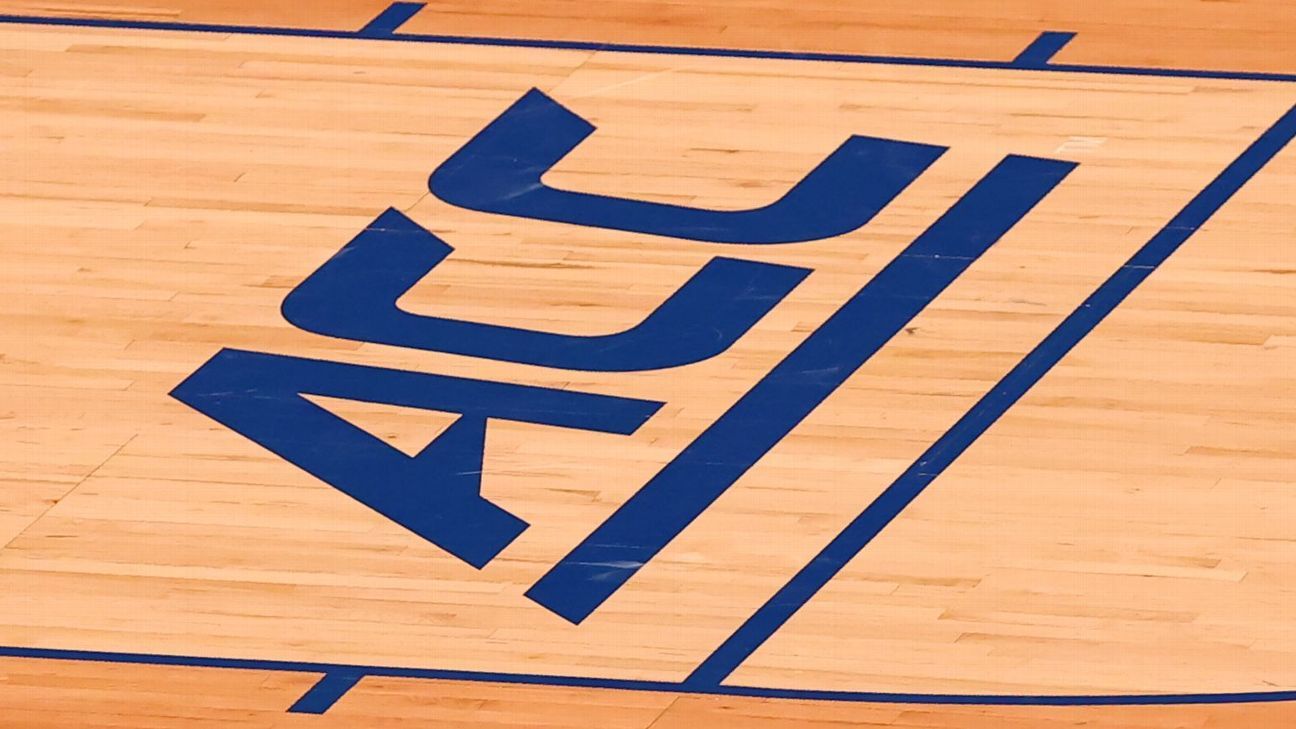Florida State athletic director Michael Alford told his board of trustees on Friday that “something has to change” when it comes to closing the growing revenue gap with other conferences — a sign that one of the biggest brands in the league is unhappy with the current structure.
In a phone interview with ESPN later Friday, Alford said he decided to make his comments after recent ACC winter meetings in which athletic directors and presidents discussed an uneven revenue sharing model at length without any consensus moving forward about what to do.
At issue: The ACC will fall behind both the SEC and Big Ten in revenue by about $30 million per year when their respective new television contracts kick in (Big Ten in 2023, SEC in 2024).
“Something has to change because we cannot compete nationally being $30 million behind every year,” Alford said. “It’s not one year. We’re talking about $30 million compounded year after year.”
The ACC is locked into its television deal with ESPN through 2036. The league also has all schools tied together with a grant of rights that lasts the length of the contract. In the most recent available financial filing, the ACC distributed a record $578 million to its members for 2020-21. The SEC distributed $721.8 million in 2021-22, but that is before its new deal kicks in.
Based on a market valuation that he had commissioned, Alford told board members on Friday that FSU contributes roughly 15% of the value in the ACC’s media rights deal but the school only gets 7% of the distributions as one of 14 full members of the conference.
Currently, the ACC distributes its revenues equally among all 14 full-time members. But the conference decided to look at different uneven revenue distribution models after recent conference realignment had Oklahoma and Texas leave for the SEC, and USC and UCLA join the Big Ten. There has been speculation that the bigger brands in the ACC could be next in line if there is another wave of expansion.
The grant of rights is currently keeping the league together because any school that leaves would have to forfeit its media payout and media rights. But at some point, that grant of rights could be challenged in court, especially if the revenue gap continues to grow with no relief in sight.
